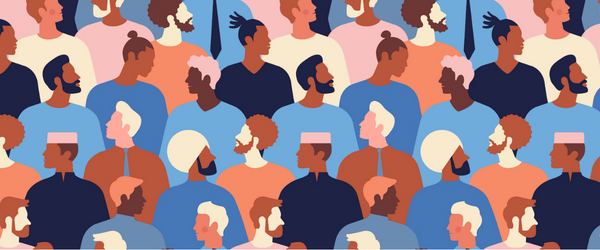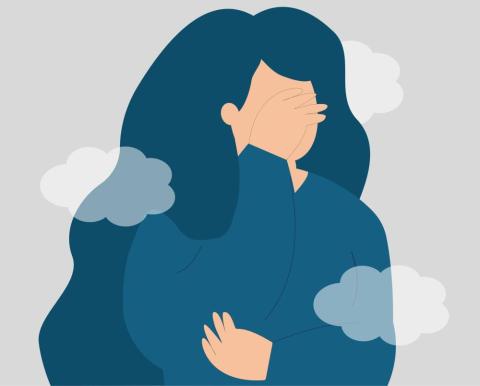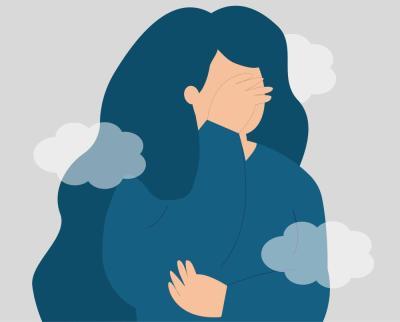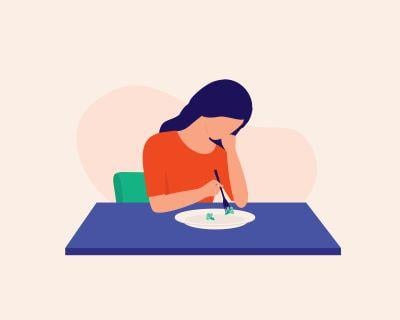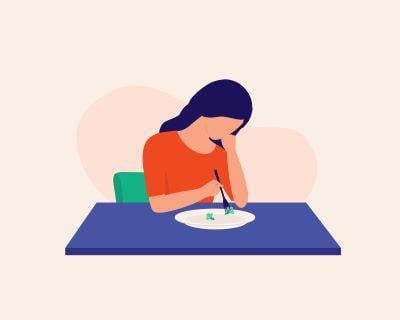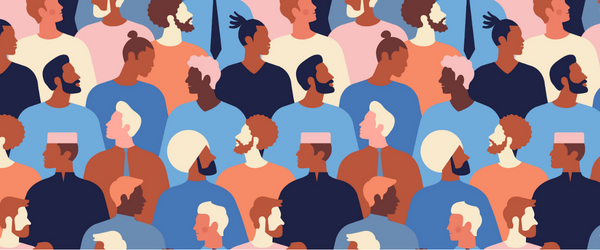
Why Men's Mental Health is Important
Although mental illnesses are more prevalent in women than in men, men suffering from mental illnesses are less likely to receive mental health treatment or diagnosis. There are many reasons for this and one of them is the pressure men face to "man up" or "tough it out." The stigma of men speaking out is that it is seen as a form of weakness or not "manly."
Men, feeling depression and anxiety or any other mental health illness is not unusual and is nothing to feel ashamed of. Other reasons that may impact a man’s mental health journey are culture, fatherhood, race, and socioeconomic status. These stigmas are real and deeply affect men as nearly 1 in 10 men experience depression or anxiety but less than half will receive treatment and more than 4 times as many men as women die by suicide every year1.
Symptoms of mental illness differ in men from women. Recognizing the signs that you or someone you love may have a mental disorder is the first step toward getting the right help and treatment. The earlier someone receives treatment, the more effective it can be.

Statistics
For many mental health disorders, men are less likely to speak up and get treatment. They are also less likely to be diagnosed because of this. Knowing the statistics can help raise awareness about men's mental health, encourage men to take a step towards getting treatment, and validate the feelings men with mental health disorders may be experiencing. According to Mental Health America1:
- Though men account for about 10% of patients with bulimia or anorexia, men with an eating disorder are less likely to seek professional help.
- Over 6 million men suffer from depression per year, but male depression often goes underdiagnosed.
- More than 3 million men in the US have panic disorder, agoraphobia, or any other phobia.
- 2.3 million Americans are affected by bipolar disorder and an equal amount of men and women develop the illness. The age of onset for men is between 16 to 25 years old.
- One of the leading causes of disability in America is schizophrenia. Approximately 3.5 million people in the U.S. have been diagnosed and 90% of those who are diagnosed by age 30 are men.
Warning Signs and Symptoms
Men and women can develop most of the same mental disorders and conditions but may experience different symptoms and develop different coping tools. When depression occurs in men, it may be masked by unhealthy coping behavior2.
Symptoms of mental health disorders in men may look like this3:
- Escapist behavior, such as spending a lot of time at work or on sports
- Physical symptoms, such as headaches, digestive problems, and pain
- Misuse of alcohol and/or drugs
- Controlling, violent or abusive behavior
- Anger, irritability, or aggressiveness (inappropriate anger)
- Risky behavior, such as reckless driving
- Noticeable changes in mood, energy level, or appetite
- Difficulty concentrating, feeling restless, or on edge
Both men and women can experience these symptoms2:
- Feel sad, hopeless, or empty
- Feel extremely tired
- Have difficulty sleeping or sleep too much
- Not getting pleasure from activities usually enjoyed
- Suicidal thoughts
Male depression and suicide
Although women attempt suicide more often than men do, men are more likely to complete suicide2. That's because men:
- Use methods that are more likely to cause death, such as guns
- May act more impulsively on suicidal thoughts
- Show fewer warning signs, such as talking about suicide
Treatment
There are effective treatments for mental health disorders. Asking for help may be difficult for men, but going without treatment may only make the situation worse2. If you are experiencing any of the symptoms, talk with your doctor or mental health professional.
If you or someone you know is in a crisis, get help immediately. You can call 911 or call or text the 988 Suicide & Crisis Lifeline at 988.
ADAA Resources
Blog:
- Taking Safety, Defense and Prevention from the Football Field to the Mental Health Field, Doug Middleton
- What is Toxic Masculinity and How it Impacts Mental Health, ADAA member Kevin Foss, MFT
- Body Dysmorphic Disorder (BDD) and Men: What to Know and How it Differs, ADAA member Scott Granet, LCSW
Personal Stories:
- Finding My Own Silver Linings Playbook Through Mental Health Advocacy
- How I Achieved My Cure of Panic Disorder and Agoraphobia
- Keep Moving Forward
- The Dark Cloud Overhead
- How to Fight Against GAD
- The War Within
- Living with Anxiety
- I am not alone
Webinars:
- A Safe Space - Men's Mental Health, ADAA members O'Shan Gadsden, PhD and Daniel Singley, PhD and L. Kevin Chapman, PhD
Trending Articles
- Black men in sports are speaking out about their mental health, The Undefeated, 2022
- How to Get More Men to Try Therapy, The New York Times 2022
- New Help for a Group at Risk for Suicide: Middle-Aged Men, Wall Street Journal 2022
Resources:
- Mental Health America (MHA). Infographic: Mental Health for Men. mhanational.org. https://www.mhanational.org/infographic-mental-health-men
- National Institute of Mental Health (NIMH). Men and Mental Health. nimh.nih.gov. https://www.nimh.nih.gov/health/topics/men-and-mental-health
- Mayo Clinic. Male depression: Understanding the issues. mayoclinic.org. https://www.mayoclinic.org/diseases-conditions/depression/in-depth/male-depression/art-20046216
